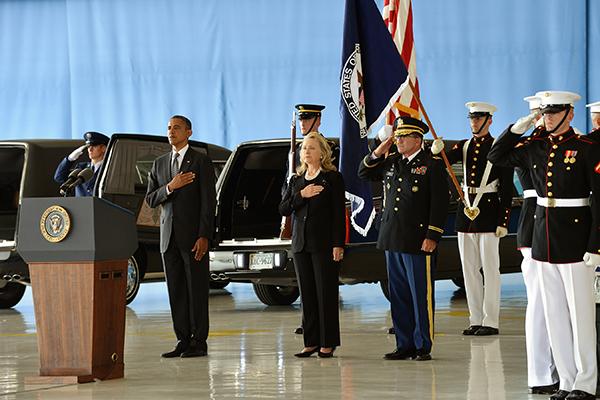Overruled
Congress overwhelmingly overrides presidential veto of bill

October 21, 2016
For politicians, one idea tends to rule over all others when it comes to policy-making. That idea is reelection: whether their actions will draw enough votes to hold their seat. This idea can become toxic once it becomes a major factor in decision-making, especially once it outweighs making the best choices.
This need to satisfy voters has reared its head just recently in the form of legislation allowing families of Sept. 11 victims to directly sue Saudi Arabia for their involvement.
Understandably, this law has caused something of a foreign policy nightmare, with Saudi Arabia threatening to pull out hundreds of billions of dollars in American assets. Importantly, Saudi Arabia has vehemently denied any part in the attacks.
The bill was even pushed past a presidential veto with overwhelming congressional support. Obama has stated that this decision sets a “dangerous precedent” for foreign policy due to its changes to a 1976 law broadly protecting foreign nations from U.S. lawsuits.
The argument for the bill is that it gives a route for victims’ families to pursue some small measure of justice. This side of the debate has found overwhelming support: only one senator, Harry Reid, voted against the passing. This bill, allowing lawsuits of foreign nations for their involvement, would do that, but at costs greater than the rewards.
The main issue is one of policy. As insensitive as it is to vote “against” the victims of Sept. 11, this bill has passed largely on the feeling of sympathy for and pressure from families of victims. Rather than making more clear-headed decisions based on law and precedent, this was decided by emotions. Lawsuits that can now be created under this law can be specifically targeted against nations, such as Saudi Arabia, without first having direct evidence of their involvement.
Since the passing of the bill, many legislators have stepped back from more passionate support into an area of ambivalence. Concerns have been expressed on both sides of the aisle about the way the bill was managed, given how important this legislation is.
The more recent concerns over the bill’s effects on national security have shaken the resolve the votes seemed to imply. The bill has raised a valid question over how similar policies should be handled: is the idea of the pursuit of justice worth the foreign policy shockwaves?














